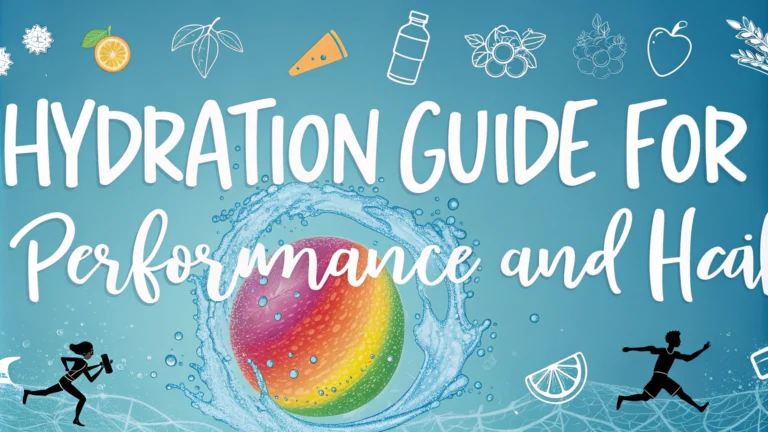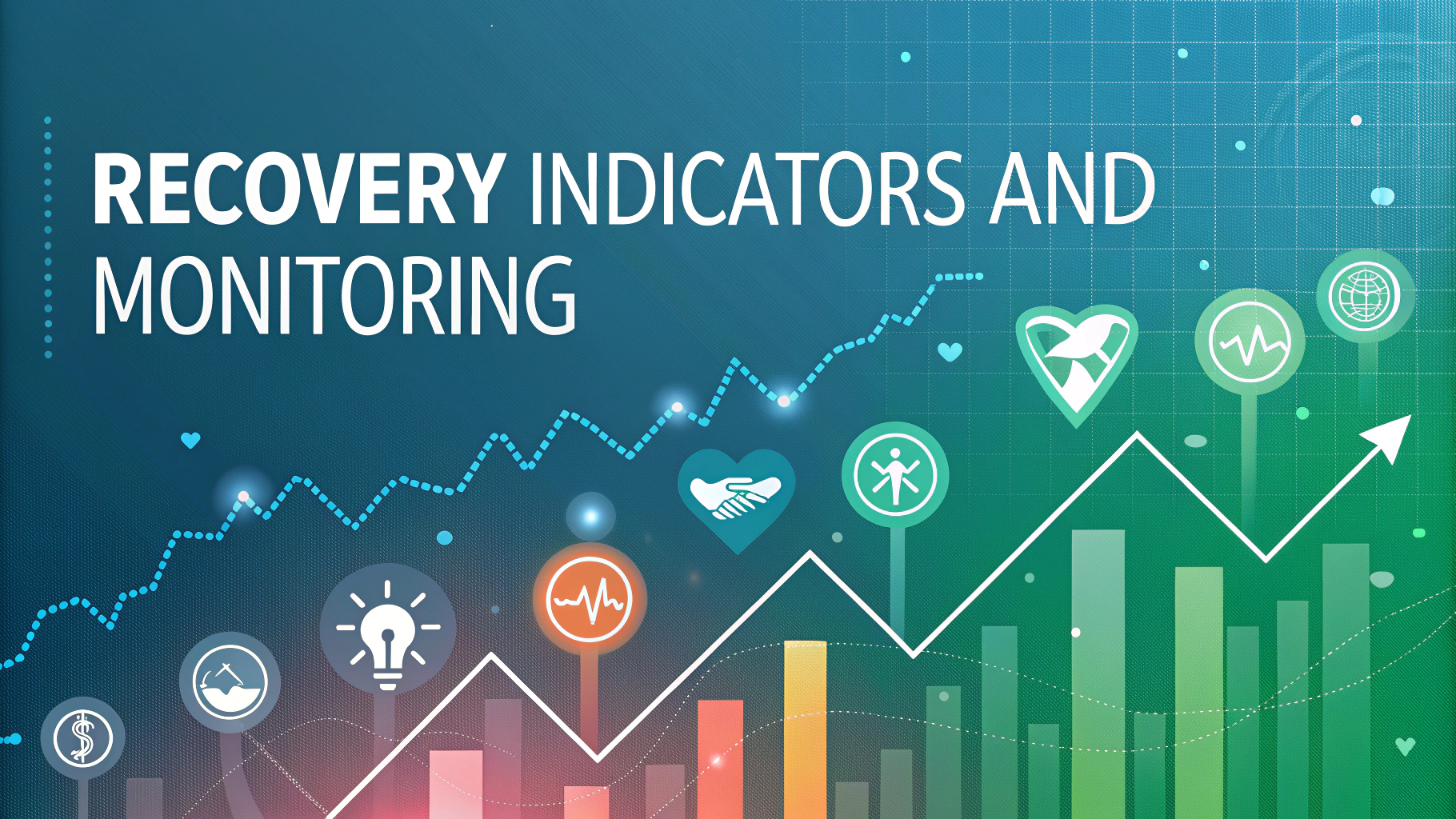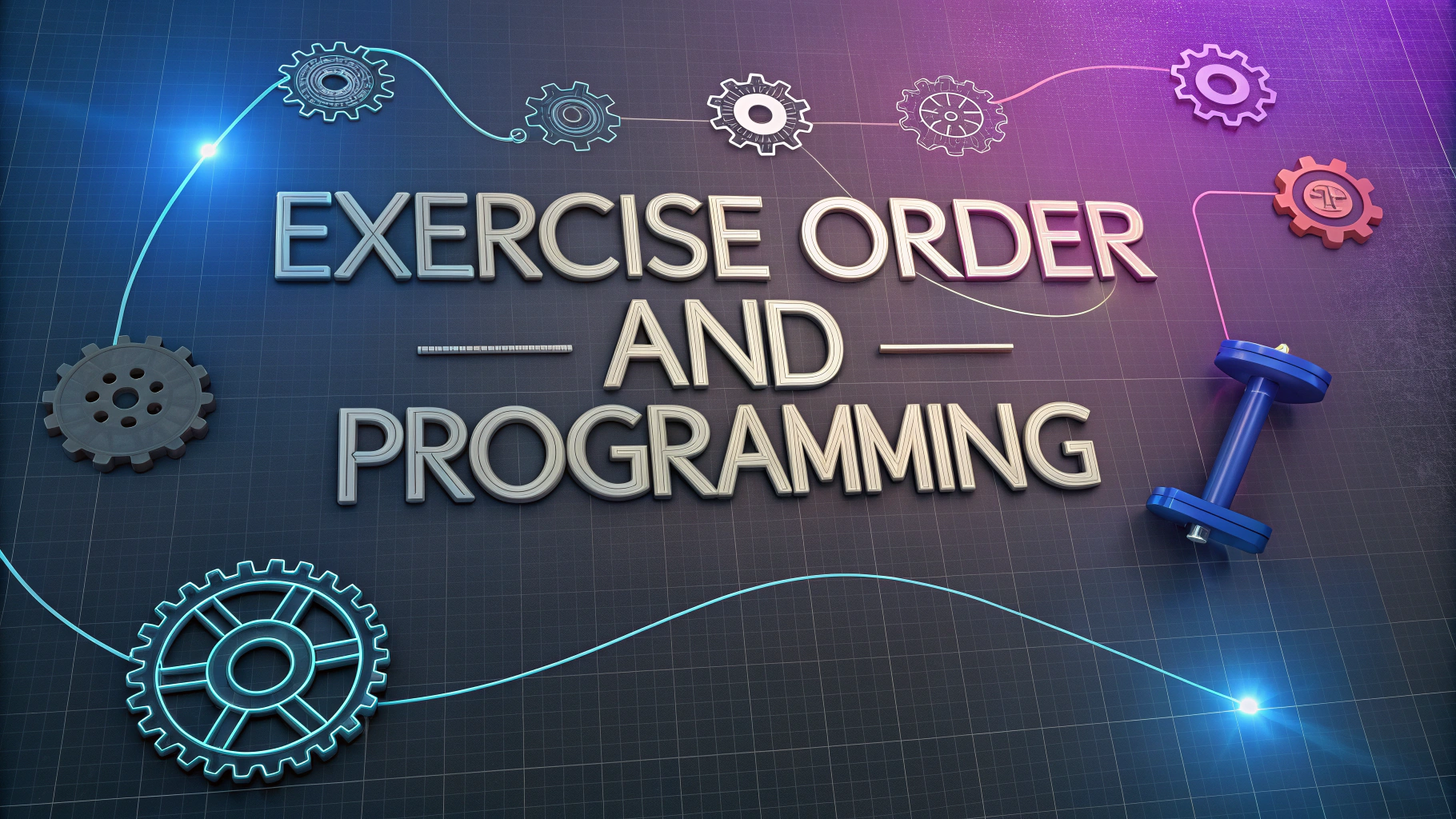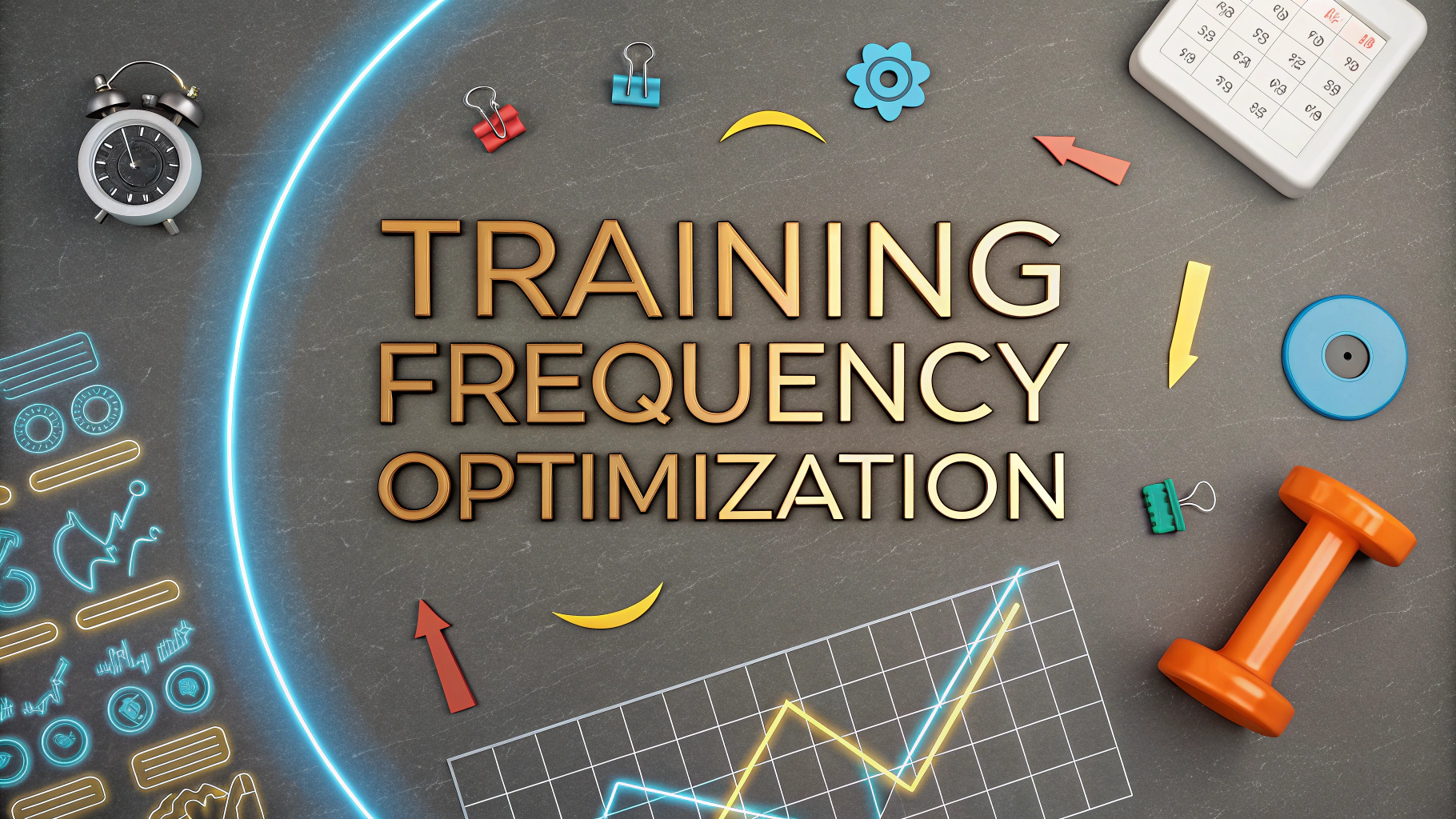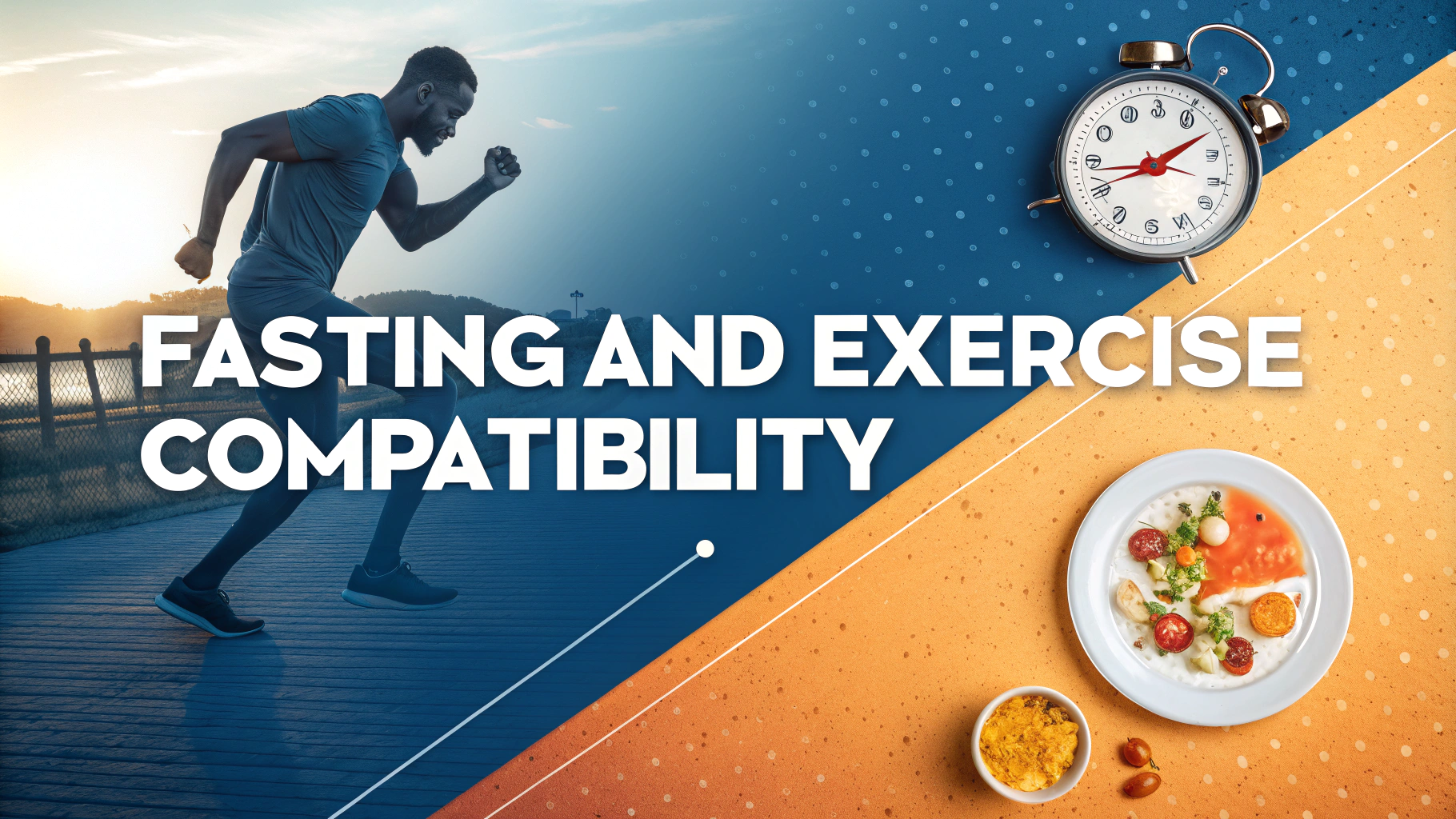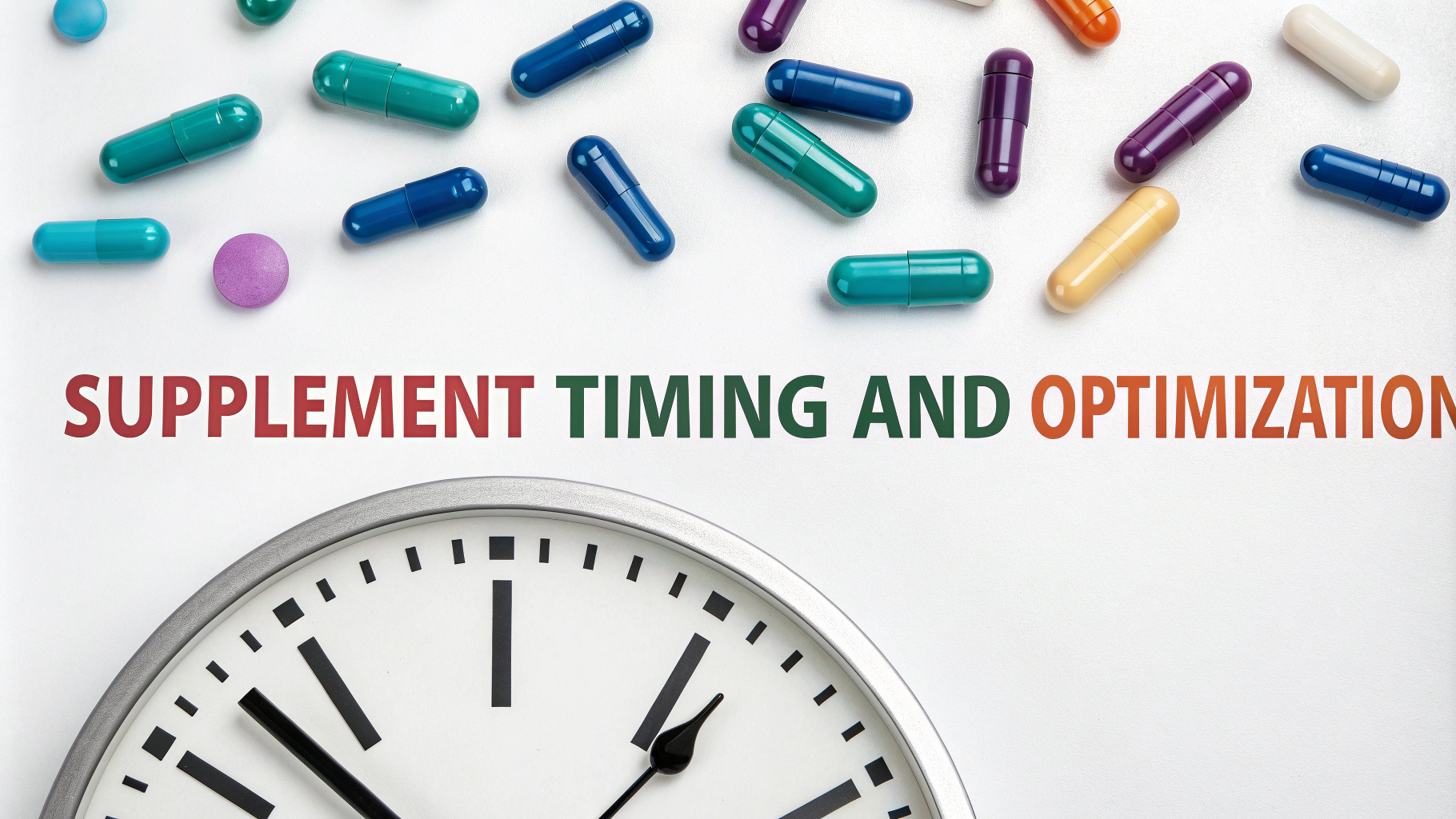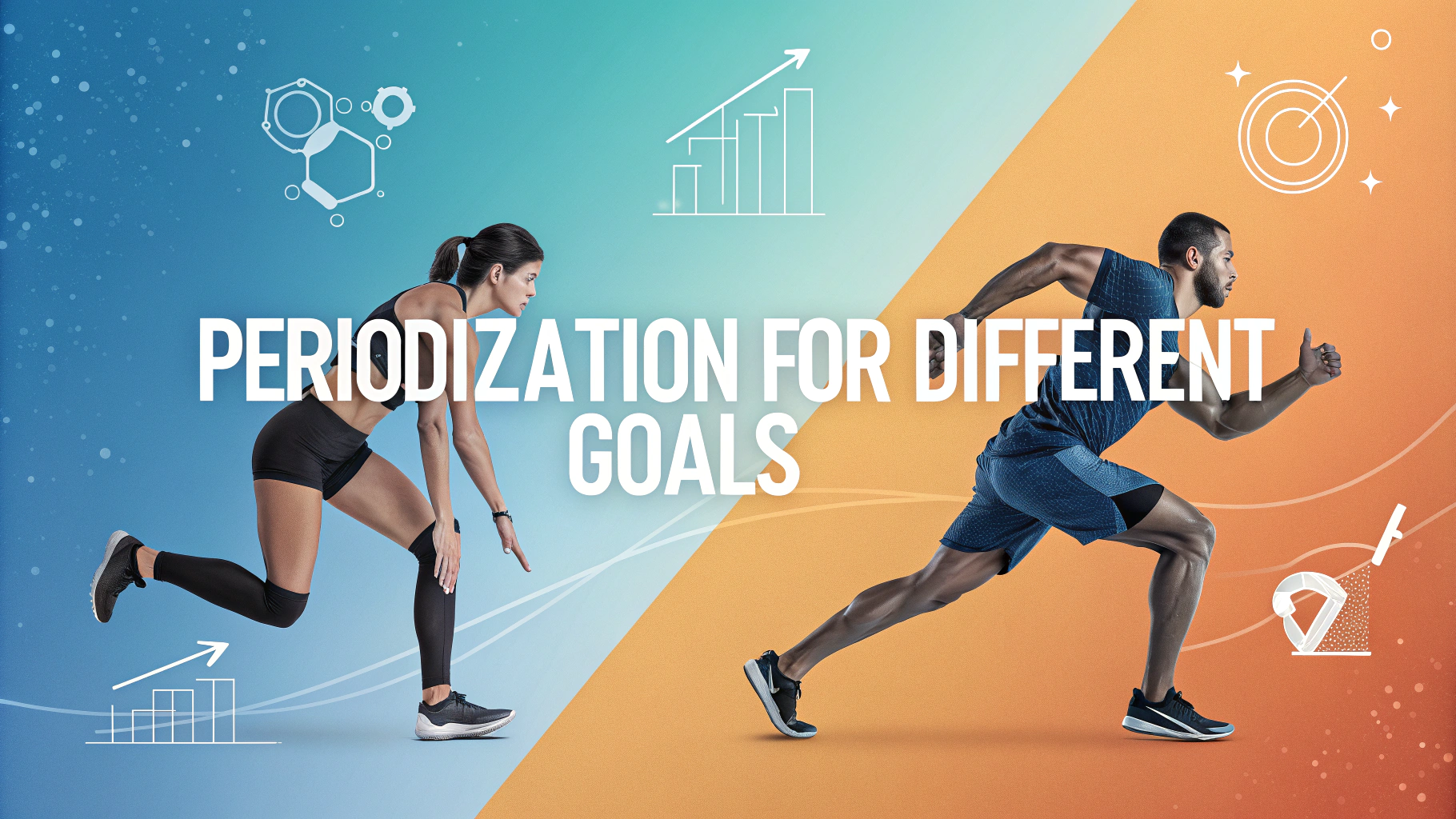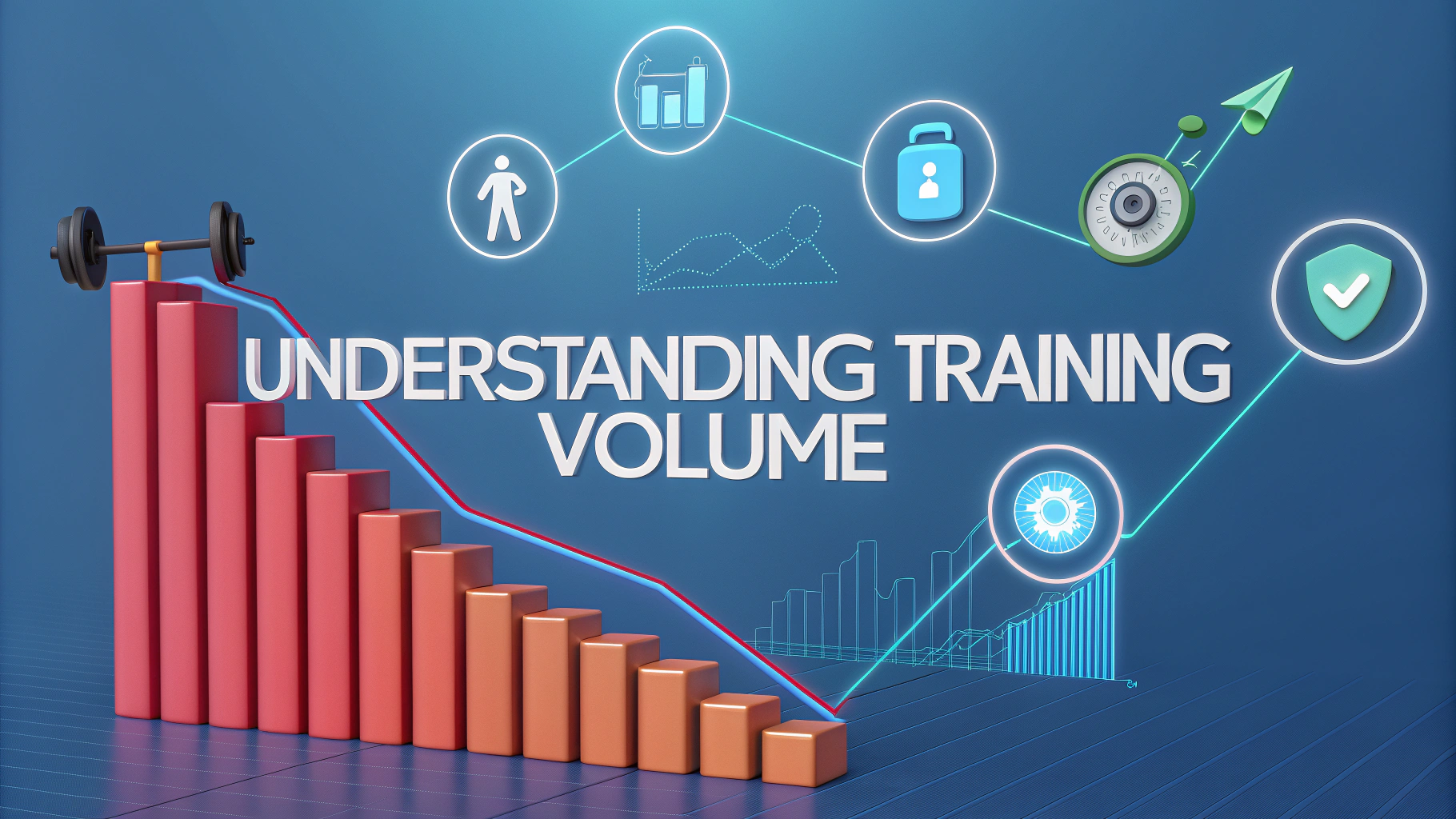Water is the foundation of athletic performance, recovery, and overall health.
Quick Guide to Daily Water Needs
- Sedentary adults: 2.7-3.7 liters per day
- Active adults: 3-4.5 liters per day
- Athletes during training: 4-6+ liters per day
Signs of Dehydration
- Dark yellow urine
- Headaches
- Dry mouth
- Decreased performance
- Fatigue
Smart Hydration Tips
Start each morning with 16-20 oz of water to rehydrate after sleep.
Carry a reusable water bottle marked with time goals throughout the day.
Set phone reminders every 2-3 hours as hydration checkpoints.
Pre-Workout Hydration
- 2-3 hours before: 16-20 oz water
- 15 minutes before: 8-10 oz water
During Exercise Hydration
| Exercise Duration | Recommended Intake |
|---|---|
| Under 1 hour | 7-10 oz every 15-20 minutes |
| 1+ hours | 7-10 oz every 15-20 minutes + electrolytes |
Post-Workout Recovery
Replace 16-24 oz of fluid for every pound lost during exercise.
Electrolyte Balance
Add electrolytes when exercising over 60 minutes or in hot conditions.
Natural electrolyte sources include coconut water, bananas, and sports drinks.
Environmental Considerations
- Hot weather: Increase intake by 16-32 oz per hour of exposure
- High altitude: Add 16-32 oz extra daily above 8,000 feet
- Air travel: 8 oz per hour of flight
Recommended Products
- Water Bottles: HydroFlask, Nalgene, CamelBak
- Electrolytes: Nuun tablets, Liquid IV, Pedialyte Sport
- Tracking Apps: WaterMinder, Hydro Coach, Plant Nanny
Contact a registered dietitian or sports nutritionist for personalized hydration plans: Find a Nutrition Expert.
Hydration Monitoring Tools
- Smart water bottles with intake tracking
- Urine color charts
- Sweat rate calculators
- Body weight measurements
Special Population Considerations
Endurance Athletes
- Develop personalized hydration schedule
- Practice race-day hydration strategies
- Monitor sodium losses through sweat testing
Team Sport Athletes
- Utilize break periods for structured hydration
- Keep personal water bottles on sidelines
- Monitor pre/post game weight
Common Hydration Mistakes
- Waiting until thirsty to drink
- Overhydrating before exercise
- Neglecting electrolyte replacement
- Relying on caffeine-heavy beverages
Conclusion
Proper hydration requires consistent attention and individualized strategies. Monitor intake, adjust for activity level and environment, and maintain electrolyte balance for optimal performance and health.
Remember to:
- Start hydrating early in the day
- Maintain steady intake during activity
- Replace fluids lost post-exercise
- Listen to your body’s signals
FAQs
- How much water should I drink daily for optimal performance?
The general recommendation is to drink 0.5-1.0 ounces of water per pound of body weight daily, but this varies based on activity level, climate, and individual needs. - What are the signs of dehydration I should watch for?
Key signs include dark urine, thirst, dry mouth, headache, dizziness, decreased urine output, fatigue, and reduced athletic performance. - Should I drink water during workouts?
Yes, drink 7-10 ounces of water every 10-20 minutes during exercise to maintain hydration. For workouts longer than 60 minutes, consider sports drinks to replenish electrolytes. - Can I drink too much water?
Yes, overhydration or hyponatremia can occur, usually when drinking more than 1.5 liters per hour for an extended period, diluting essential blood sodium levels. - What’s the best way to check if I’m properly hydrated?
Monitor urine color (should be light yellow to clear), check body weight before and after exercise, and pay attention to thirst cues. - Do coffee and tea count toward daily fluid intake?
Yes, contrary to popular belief, caffeinated beverages contribute to daily fluid intake, though they have a mild diuretic effect. - When should I start hydrating before a workout?
Begin hydrating 2-3 hours before exercise by consuming 16-20 ounces of water, then 8-10 ounces 20 minutes before starting. - What foods can contribute to hydration?
Water-rich foods like cucumber (96%), watermelon (92%), spinach (92%), strawberries (91%), and oranges (87%) contribute significantly to daily fluid intake. - How does alcohol affect hydration?
Alcohol is a diuretic that increases fluid loss. Each alcoholic drink can cause the body to expel 120-1000ml of additional water. - Do electrolytes matter for hydration?
Yes, electrolytes like sodium, potassium, and magnesium are crucial for proper hydration, especially during intense exercise or in hot conditions where sweating is increased.
